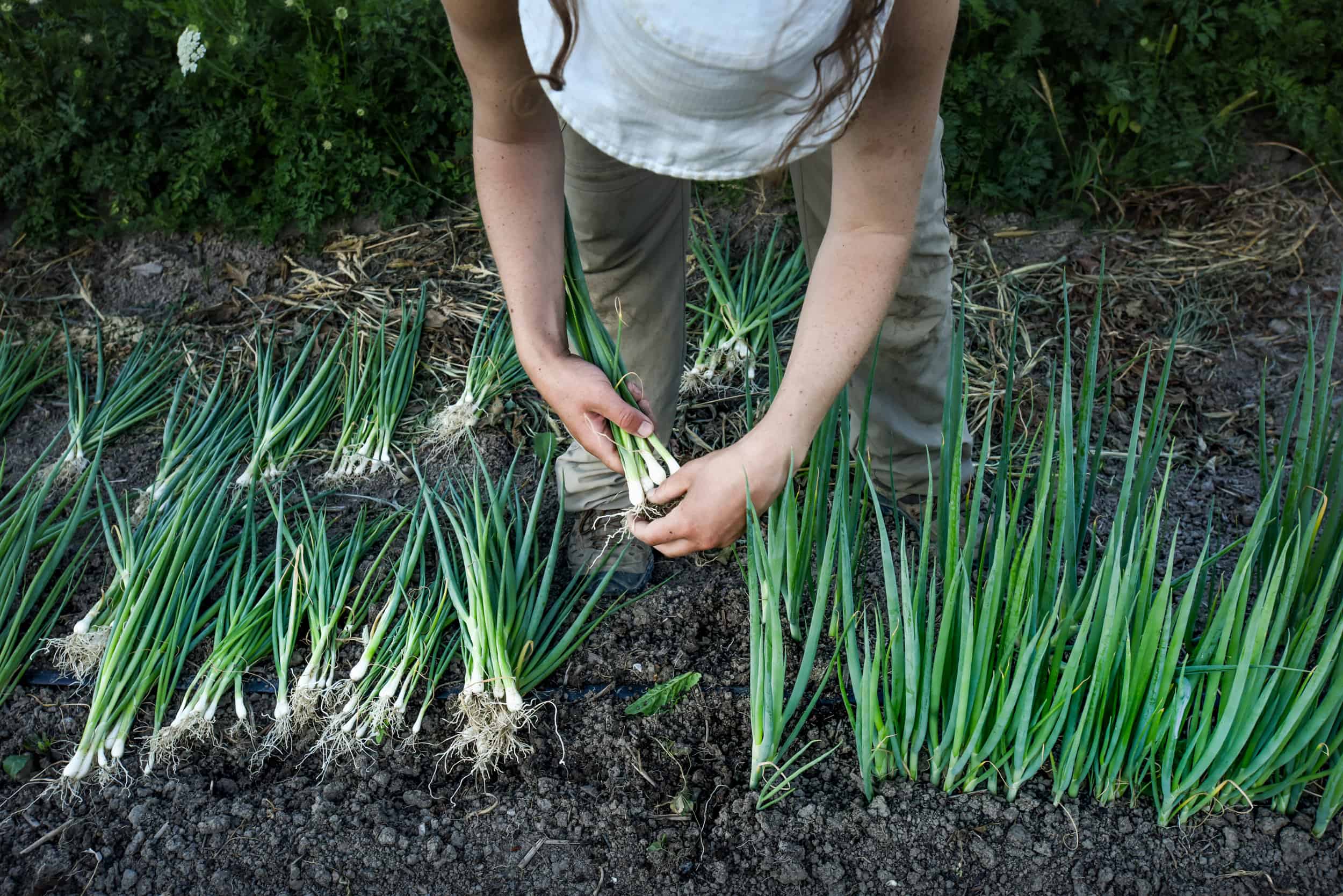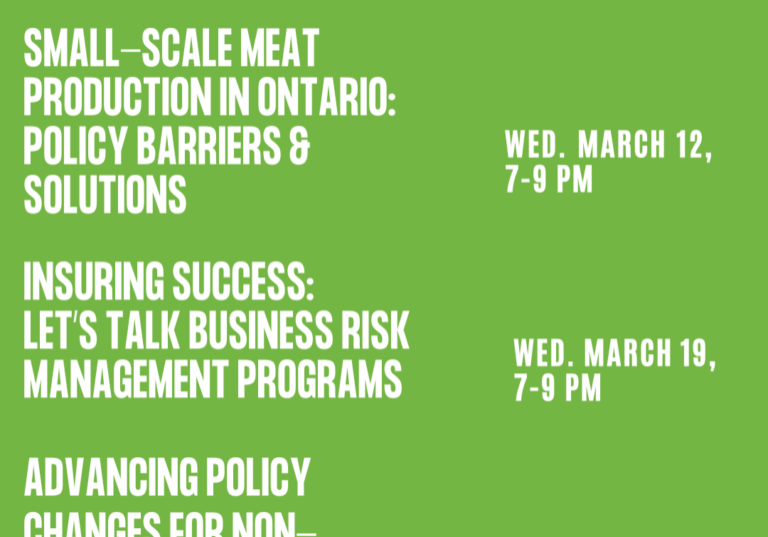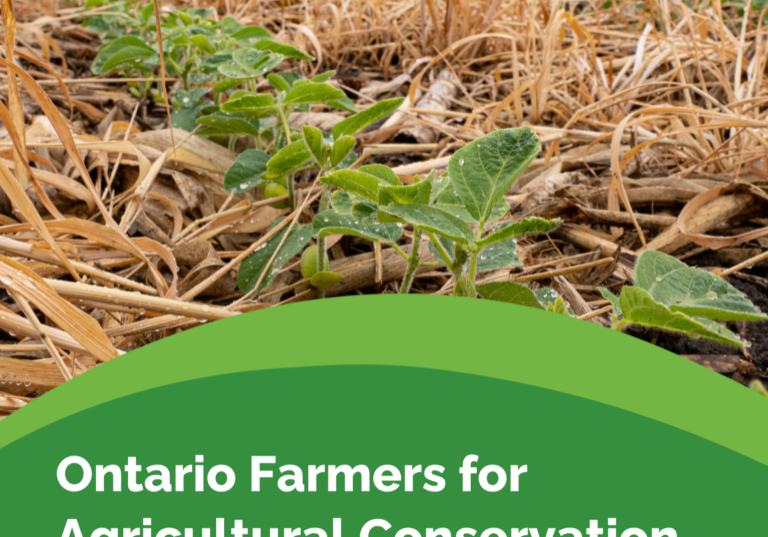The real “farm labour crisis”.
Growing concerns over a “farm labour crisis” or “farm labour shortages” have not taken into account the unique labour conditions on small and mid-sized farms. There is a need to reframe the discussion on the farm labour crisis to better understand how labour shortages are felt and understood within smaller operations compared with large agribusinesses. The voices of agriculturalists committed to creating local, just, and sustainable food systems are too often drowned out by corporate lobbyists.
The reliance on unpaid, low-paid, and unfree labour, and the absence of standard labour rights for agricultural labourers, makes much of the cry of “farm labour shortages” ring hollow; it is not the quantity of workers, but the precarity of the work, that might better explain the lack of worker participation in the sector.

The twin “farm labour” and “farm income” crises.
The farm labour crisis on small and mid-sized farms can only be understood in the context of the farm income crisis. Since 2000, Canadian farm debt has doubled, and “agribusiness corporations that supply fertilizers, chemicals, machinery, fuels, technologies, services, credit, and other materials and services have captured 95% of all farm revenues, leaving farmers just 5%.” It is from this tiny share of farm revenue that farmers have to not only pay themselves, but also their workers.
Reframing the Farm Labour Crisis in Ontario
In April 2020, the NFU-O embarked on a Farm Labour Project to study agricultural labour issues on small and mid-sized farms.
The study found that small to mid-sized farms are robust agricultural job creators. In fact, farms under 70 acres were more likely to employ Ontarians than their larger counterparts. The study proved that there is plenty of work on these farms, and plenty of people are attracted to the work and the rural lifestyle. The study also found, however, that there is a shortage of living-wage agricultural jobs which has led to a scarcity of skilled and experienced workers. Without living wages/incomes we are unlikely to attract enough Ontarians willing to acquire the skills and dedicate their lives to agricultural production.
If we want to open the doors to living-wage jobs and increase farm incomes in Canadian agriculture without tariffs or other protective market mechanisms, then even more government support is needed. Farm labour grants and wage subsidies, improved access to EI, and ideally a Basic Income are urgently required to ensure farm workers and operators are receiving a decent annual income regardless of their hourly wage, farm earnings, or the length of their season.


